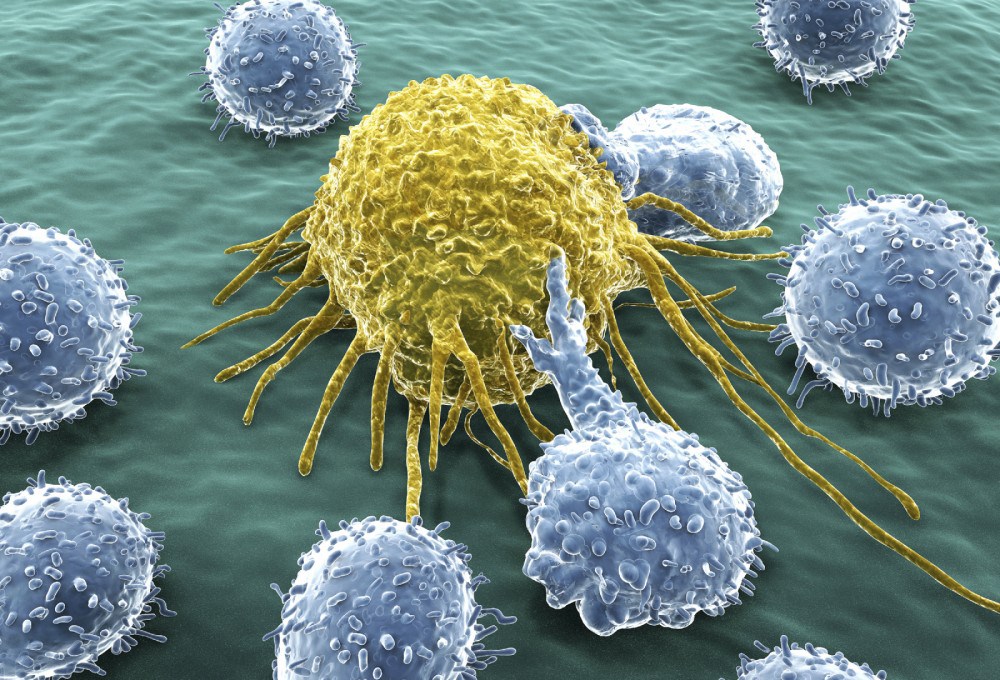Antibody-Activated Leukemia Cells Kill Their Sisters

A team of scientists from The Scripps Research Institute (TSRI) has found a way to transform leukemia cells in Natural Killers (NK) that attack other leukemia cells around them. The binding of an antibody to the cancerous cells membrane receptors triggers a cascade of events that ends up with the cells becoming fratricidal. The finding was published in the journal Proceedings of the Natural Academy of Sciences (PNAS).
Leukemia is a cancer type that affects bone marrow cells, causing them to develop abnormally. Patients usually have low numbers of functional white blood cells and present associated symptoms like tiredness or higher occurrence of infections. The origin of leukemia is not well understood; as is common in these cases, there are a number of genetic and environmental factors thought to be involved. Usual treatments are chemotherapy, radiotherapy and bone marrow transplant.
Richard A. Lerner, Professor of Biochemistry at TSRI, has long been generating a library of antibodies and testing their effects in cell populations. Antibodies can bind to membrane proteins and exert their effects through signal transduction. For example, antibody binding can trigger growth factor production in a bone-marrow cell and its maturation into a particular blood cell type. But some of the outcomes obtained in this lab were not so expectable: some antibodies transformed bone marrow cells into neural cells, a quite different cell type.
Spurred by this random result, Professor Lerner´s team decided to test the most promising compounds of their antibody library against acute myeloid leukemia cells from human patients, hoping to see a transformation into healthy cells. A rare human antibody caused normal marrow cells to differenciate into megakaryocytes, the blood cells responsible for the production of thrombocytes. However, when the same antibody was applied to leukemia cells, these matured into dendritic cells, a type of cell from the mammalian immune system that presents antigen material to the surface ot T cells. Strikingly, when the cells were exposed to the antibody for longer periods and different culture conditions, they matured into NK cells, a type of lymphocyte that responds quickly to viral infections and cancer. NK belong to the innate immune system: they do not need to be exposed to an antigen to act, they recognize abnormal cells and are the first response of the organism to combat them. The NK cells derived from leukemia cells attacked their cancerous neighbours, but when the researchers presented the NK cells other types of cancer cells, these were not attacked.
Fraticidins present advantages over traditional anti-cancer methods
Professor Lerner named these compounds fratricidins, as they only target “brother” cells. Their specificity makes them specially suitable as therapeutic agents: they will only attack a particular cancerous cell and respect the healthy ones. The treatment could not only reduce the number of cancer cells, but obliterate them all. Moreover, the antibodies work well exactly as they are, without need for further modification. This approach eliminates undesirable side effects from chemotherapy.
Professor Lerner is currently examining the possibilities of reaching an agreement with pharmaceutical companies to conduct preclinical studies with fratricidins.
Source: Scripps

